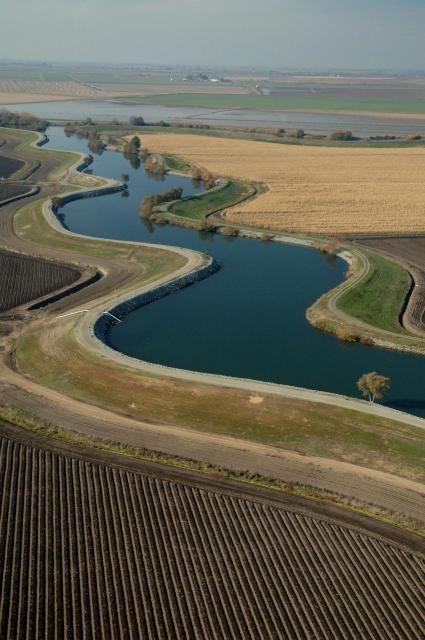Addressing Climate Change
Climate change will impact water and flood operations, and studies indicate that California will confront more extreme droughts and floods as well as rising temperatures.
The State Water Project has historically depended on snowpack to store water, but climate change will likely reduce snowpack and create earlier runoff.
Zone 7 receives an average of 80% of its raw water supply from the San Francisco Bay-Delta. The Delta system is vulnerable to sea level rise and there are federal and state efforts to help this system be less vulnerable, which will have a direct impact on how Zone 7 water is received.
As runoff increases and starts earlier in the year, flood control maintenance efforts should be efficient and timely in the dry season to make sure that flood water will leave the valley quickly and with as little damage as possible.
Anticipated Activities
Per our 2020-2024 strategic plan, key activities are anticipated to include:
- Monitor climate change information and policy
- Incorporate climate change impacts into water and flood system planning and engineering design
- Coordinate with Retailers about the effects of climate change on the wholesale water and flood systems so Retail agencies can plan for water deliveries and flood impacts
- Coordinate with the California Department of Water Resources and the Federal Emergency Management Agency’s efforts on flood control modeling and initiatives
You can read more about our 24 strategic initiatives in our complete Zone 7 Strategic Plan.


